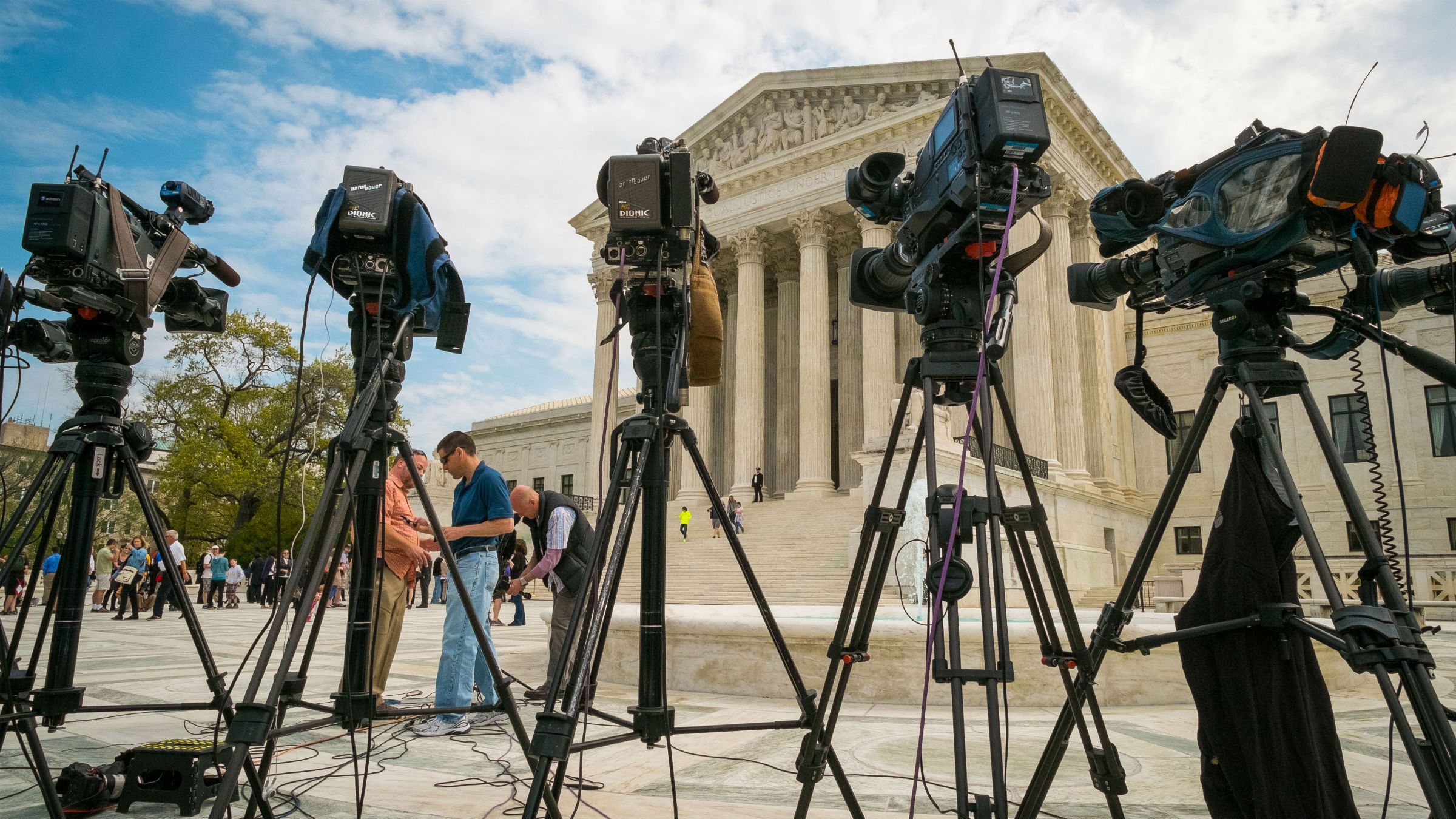This essay ran in The Public Interest in 1996. It remains one of the most persuasive about the ways in which state-sanctioned gambling severely damages American society and worsens people’s lives.
Sports Betting
Warren Buffett Speaks Out Against Government-Sanctioned Gambling
Survey finds just 4% of gambling profits derived from casual gamblers
This study by the Nova Scotia Department of Health found that only 4% of net gambling machine (or so-called “video lottery”) revenue was derived from “casual” players, even though they comprise 75% of players. Meanwhile, 96% of the revenue was derived from under 6% of the population who were classified as “regular gamblers.” About 16% of these regular gamblers were “problem gamblers” and they alone generated 53% of machine revenues even though they make up under 1% of the total population.
Columbia School of Public Health declares gambling addiction as one of the biggest health issues in America
The Columbia University School of Public Health, one of America’s leading public health programs, published a national investigation into the massive public health impacts of government-sponsored casinos and lotteries. Led by Elaine Meyer, this must-share article spotlights how predatory gambling is harming millions of Americans and the communities they live in.
Behind the Human Urge to Gamble
Frank “Lefty” Rosenthal, a legendary Las Vegas casino operator played by the actor Robert De Niro in the movie “Casino,” said this about gambling in a 1997 PBS Frontline interview: “I don’t agree with the premise or the concept it’s entertainment.”
Then why do human beings gamble? This study by Dr. John Nyman of the University of Minnesota School of Public Health finds that people gamble for two reasons: the possibility of getting something for nothing and the need to escape, which includes the human desire for an intense high or buzz.
Fact Sheet on Unlawful Internet Gambling Enforcement Act of 2006
Stop Predatory Gambling amicus brief in Supreme Court case Murphy vs NCAA
To help the Supreme Court better understand the stakes of this critical case, Stop Predatory Gambling assembled a broad and diverse coalition to file an amicus brief demonstrating the law’s constitutionality and highlighting how state-sanctioned gambling has been a spectacular failure. The brief explains how state-sanctioned gambling uses unfair and deceptive marketing practices to target and prey on the financially desperate and the addicted; reduces opportunity for millions of American families to improve their economic standing; and forces even those citizens who rarely or never gamble to foot the bill for the enormous social costs and state budget problems it leaves behind.
National Report Concludes That Predatory Gambling Worsens Long-Term Budget Problems
A 2009 report by the Rockefeller Institute of Government at the State University of New York Albany concluded that predatory gambling worsens long term budgetary problems for states. Read the report below to see why states that institute predatory gambling as a means to stabilize the budget are deeply disappointed time and again:
“Income from casinos and lotteries does not tend to grow over time as rapidly as general tax revenue. Expenditures on education and other programs will generally grow more rapidly than gambling revenue over time. Thus, new gambling operations that are intended to pay for normal increases in general state spending add to, rather than ease, long-term budget imbalances.”
A Nation in Debt: How We Killed Thrift, Enthroned Loan Sharks and Undermined American Prosperity
This essay written by Barbara Dafoe Whitehead appeared in the July/August 2008 issue of The American Interest. It is excerpted and adapted from For a New Thrift: Confronting the Debt Culture, a report released in May 2008 by the Commission on Thrift. Whitehead exposes how anti-thrift institutions like state lotteries, casinos, payday lenders and credit card companies hinder the average American’s ability to save their earnings and get ahead financially. These institutions have been the main contributors to the growing amount of consumer debt accumulated in recent decades. Whitehead calls on the public to reform these institutions and to advocate for a culture based on saving and wealth-building.
U.S. Department of Justice Links Gambling and Crime Among Arrestees
U.S. Department of Justice – Office of Justice Programs National Institute of Justice, July, 2004
This report, funded and published by the U.S. Department of Justice studied people who had been arrested in Las Vegas and Des Moines, Iowa. They found significant connections between gambling and crime. “More than 30 percent of pathological gamblers who had been arrested in Las Vegas and Des Moines reported having committed a robbery within the past year, nearly double the percentage for low-risk gamblers. Nearly one-third admitted that they had committed the robbery to pay for gambling or to pay gambling debts. In addition, about 13 percent said they had assaulted someone to get money.

